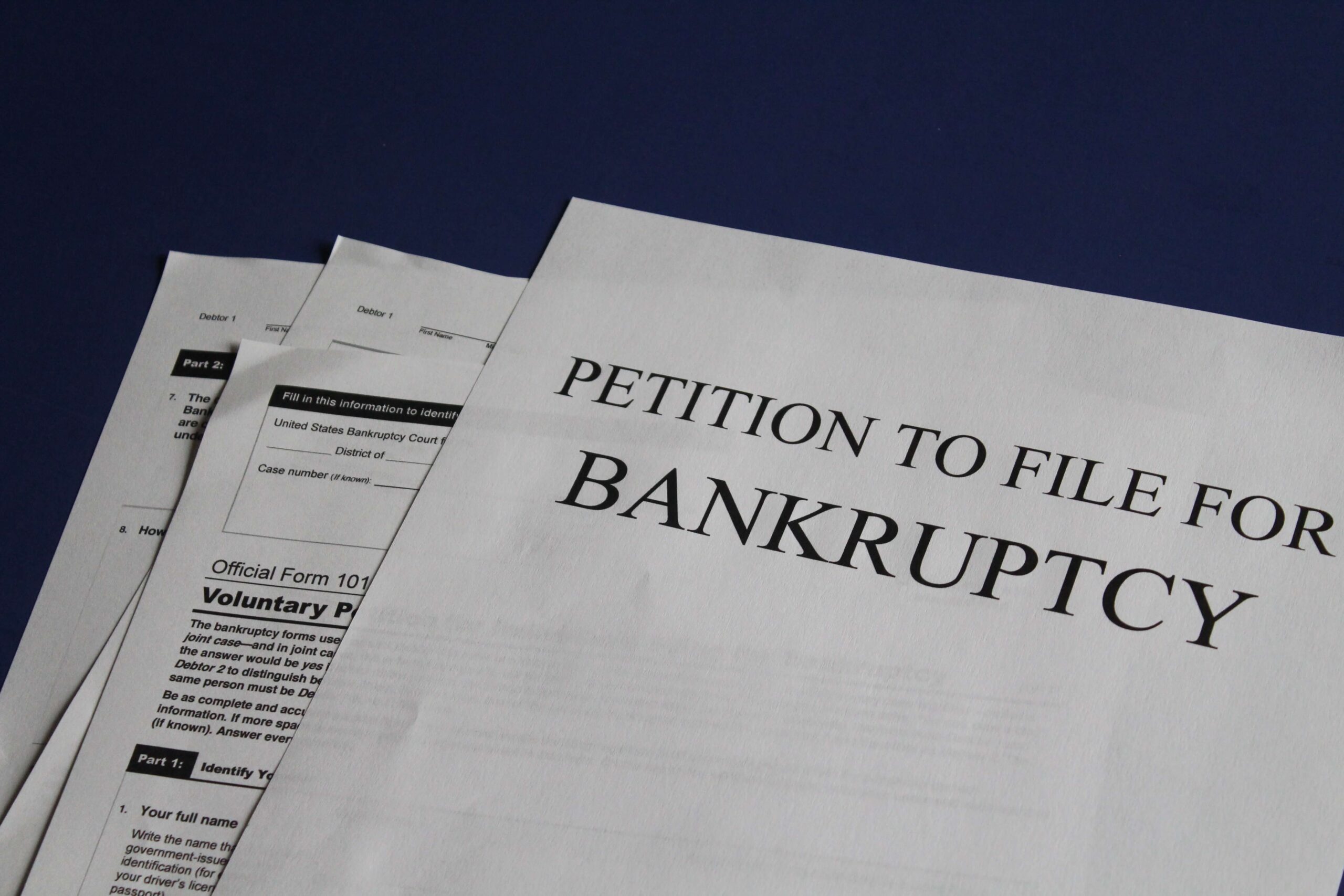
The two most common types of personal bankruptcy are Chapter 7 and Chapter 13. As Texas bankruptcy attorneys, a common question we receive is, “What is the difference between Chapter 7 and Chapter 13 bankruptcy in Texas?” Though both Chapter 7 and Chapter 13 bankruptcy can help you get a fresh financial start, they are two distinct legal pathways with some critical differences. Below, we break down the key differences between Chapter 7 and Chapter 13 bankruptcy.
If you are facing financial difficulties and your debt feels overwhelming, you may have legal options available to you. Depending on your unique situation, you may be able to discharge or restructure your debts. Do not hesitate to schedule a consultation with a Texas bankruptcy lawyer from our firm. We are happy to discuss your situation, answer your legal questions, and help you understand whether bankruptcy may be a viable option for you.
1. Type of Bankruptcy
Chapter 7 bankruptcy is a liquidation bankruptcy. It is the most common type of bankruptcy. It focuses on relieving individuals overwhelmed by debt by allowing them to eliminate or significantly reduce their unsecured debts.
Unsecured debt is issued based on credit and is not backed by collateral or tied to property. For example, common unsecured debts include credit cards, personal loans, utility bills, and medical debt.
Chapter 13 bankruptcy is a reorganization bankruptcy. It allows individuals with a regular income to develop a plan to repay all or part of their debts over a certain amount of time. Unlike Chapter 7, where certain assets may be liquidated to pay creditors, Chapter 13 allows individuals to keep their property and repay their debts over time.
This type of bankruptcy can be used on secured debt, so in the event you have an outstanding mortgage or car loan, Chapter 13 can keep you from foreclosing on your home or having your car repossessed.
2. Property

In a Chapter 7 bankruptcy, a person gives up their non-exempt assets. The non-exempt assets are liquidated, and the money received is divided among the person’s creditors. The rest of the person’s unsecured debts will be discharged, meaning they will be eliminated and do not need to be paid back.
Certain types of property are protected or exempt from being liquidated under federal or state law. This means they cannot be taken away to pay back debts. Texas law provides generous exemptions that may allow a person to keep their home, vehicle, and personal belongings. In Texas, bankruptcy applicants can choose to use either the federal or Texas state exemptions.
In Chapter 13 bankruptcy, you propose a repayment plan to pay off all or part of your debts. You can keep your property, including non-exempt assets, as long as you adhere to the terms of your repayment plan. This type of bankruptcy may be a good option for those with a steady income and valuable assets they want to retain.
Related: Can I Keep My Paid Off Car in Chapter 7?
3. Eligibility Restrictions
A Chapter 7 bankruptcy is what people generally think of when they think about bankruptcy. It is designed for low-income earners who have little money, if any, after paying basic monthly expenses and cannot put money toward debts.
An individual must qualify for Chapter 7 bankruptcy by passing the means test. If your income is lower than the median income in Texas, you automatically qualify for Chapter 7. However, you may still be able to qualify if the means test demonstrates that you do not have the financial ability to repay your debt.
Chapter 13, on the other hand, is generally for individuals who make more monthly income than the state average. Unlike Chapter 7 bankruptcy, Chapter 13 bankruptcy has no means test. However, an individual must qualify for it in other ways.
A person must have a regular income sufficient to cover their monthly expenses plus the scheduled payments under the repayment plan. Additionally, the person must not exceed certain debt limits. These limits change periodically. However, a person cannot currently exceed $2,750,000 in combined total secured and unsecured debts.
4. Limitations

Whether a Chapter 7 or Chapter 13 bankruptcy is right for you depends on your financial situation and objectives. Under Chapter 7, you may be able to discharge most or all of your unsecured debts. However, not all debts are dischargeable. For example, child support, student loans, and some tax obligations are generally non-dischargeable.
Additionally, Chapter 7 does not help you with secured debts, such as a mortgage or car loan. It will not help you catch up on these debts or protect you from foreclosure or repossession. If your objective is to catch up on missed mortgage, car loan, or student loan payments, you can only do that with Chapter 13.
Under Chapter 13, the main drawback is that you need a consistent income source for repayment and a commitment to a long-term repayment plan.
5. Discharge Time
Chapter 7 bankruptcy allows eligible individuals to eliminate most or all of their unsecured debts quickly. Most cases in Texas are discharged within three to six months, offering a swift path to a fresh financial start.
The discharge time is longer in Chapter 13 than in Chapter 7 bankruptcy. It typically takes three to five years to get a discharge in Chapter 13 because it is based on the length of the individual’s repayment plan.
Schedule a Bankruptcy Consultation With Warren & Migliaccio
While both Chapter 7 and Chapter 13 bankruptcy can provide much-needed financial relief, your best legal options depend on your financial situation and goals. At Warren & Migliaccio, our Texas bankruptcy lawyers are committed to helping Texans understand their bankruptcy options and navigate the bankruptcy process.
Our experienced attorneys can evaluate your financial situation, explain the benefits and drawbacks of each bankruptcy type, and help you make an informed decision based on your unique situation. We are currently not taking new Chapter 13 bankruptcy cases. However, if needed, we can refer you to a trusted Chapter 13 bankruptcy attorney.
Our firm continues to offer full legal support for Chapter 7 bankruptcy filings, debt defense, and debt settlement. We encourage you to reach out to us today for a consultation. Call our office or contact us online to get started.
